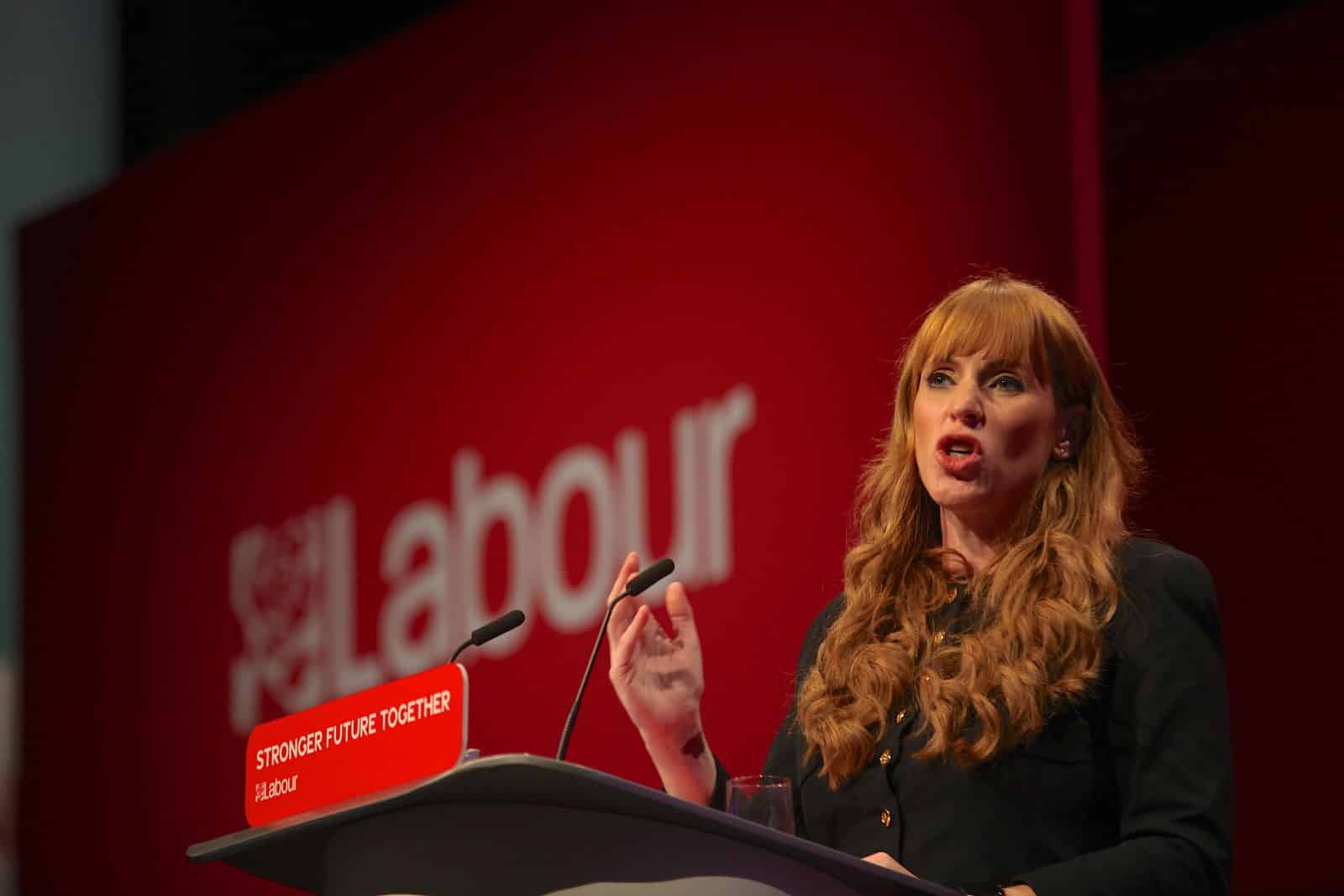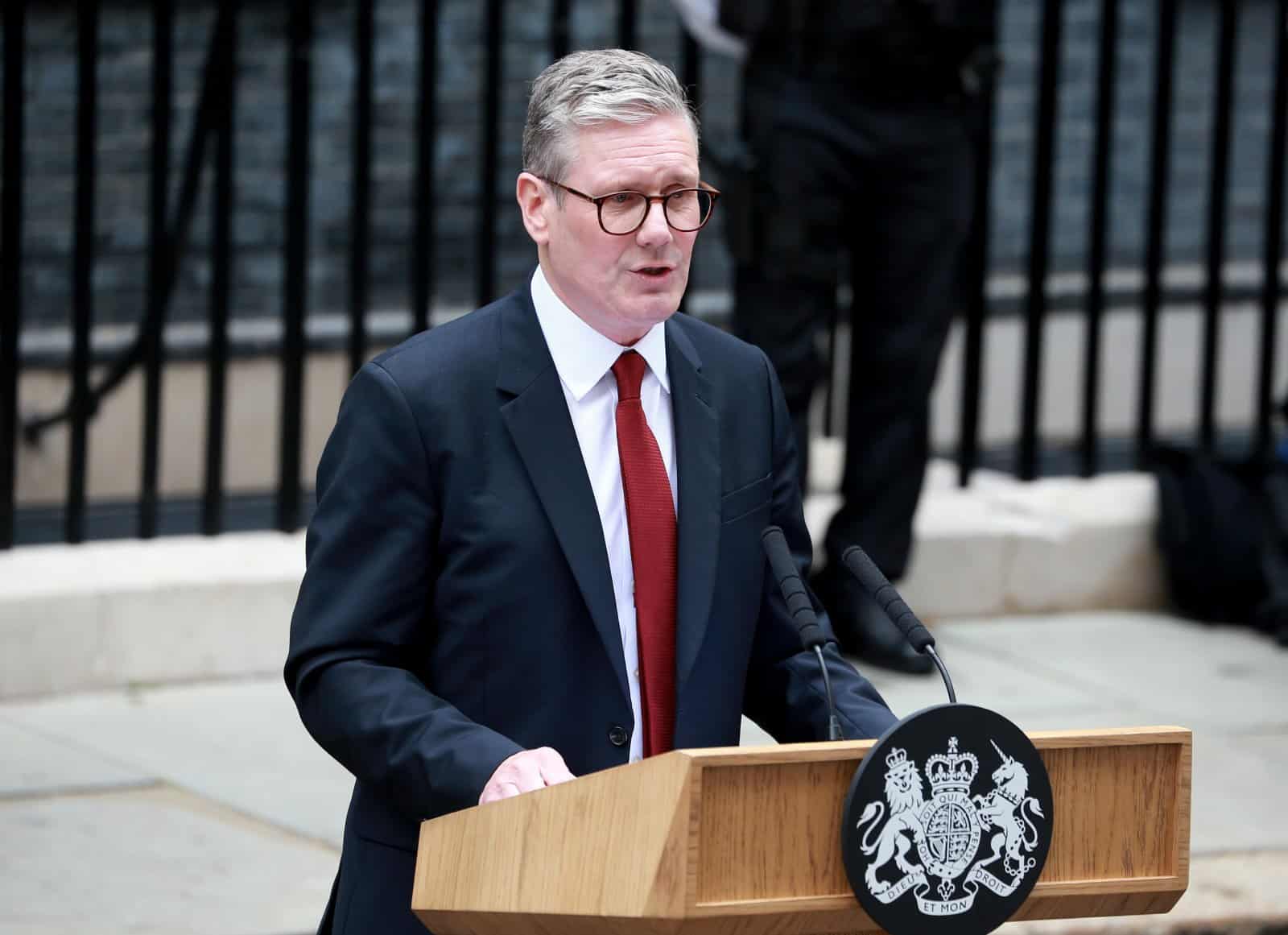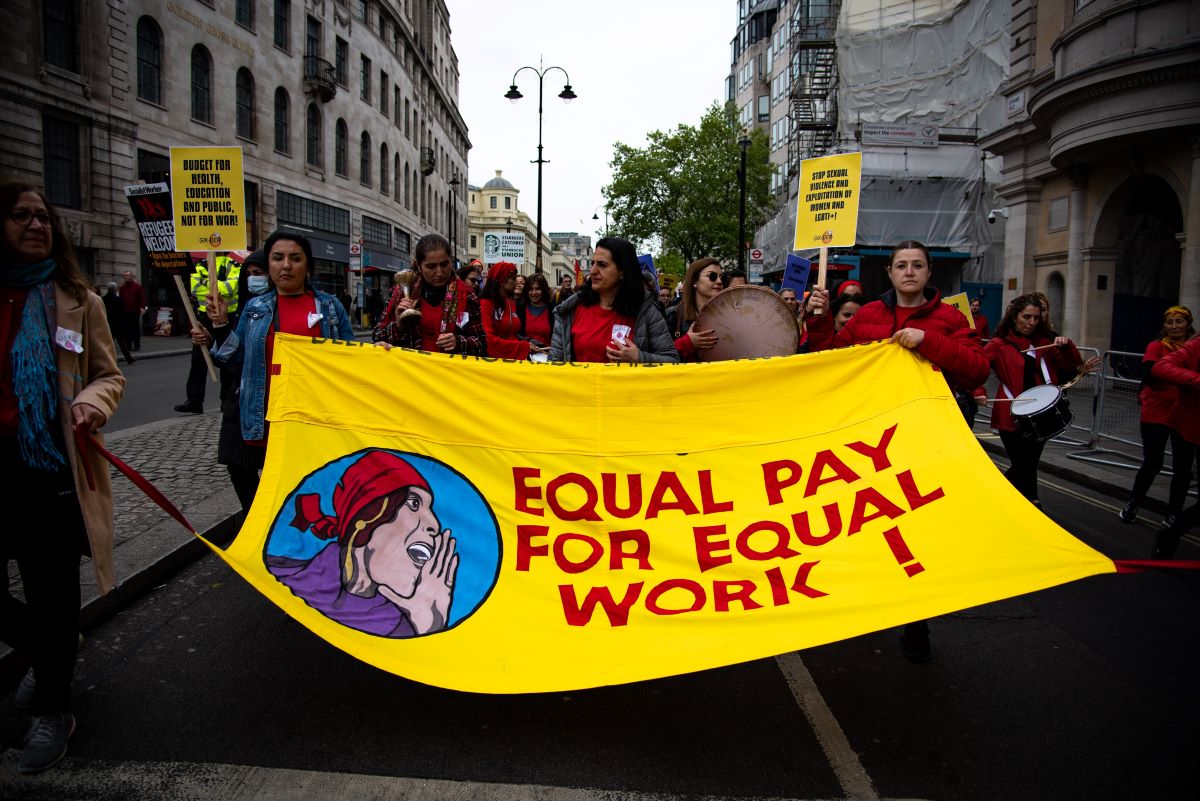The government has repealed the Conservatives’ controversial anti-strike law, marking the start of what unions and workers hope will be a significant shift in industrial relations. Here’s the full story.
Resetting Industrial Relations

The recently elected Labour government has begun the long process of resetting industrial relations in the UK by unpicking some of the union-busting legislation introduced by the previous Conservative government, with the government announcing that it will move to repeal the Strikes (Minimum Service Levels) Act.
Contentious Legislation Criticised

The Strikes (Minimum Service Levels) Act was a highly contentious piece of legislation that purported to ensure a minimum level of service from public sector bodies during industrial action. From its inception, it was criticised for making industrial action more difficult and thereby removing power from workers.
Conservative Introduction

The law was introduced by the Conservatives last year following a wave of strikes across various public sectors, including health, education, and transport.
Workers’ Demands Amid Crisis

Faced with an ongoing cost-of-living crisis, stagnant wage growth, and services pushed to breaking point, workers and unions began industrial action to better their conditions and pay, leading to a predictable Conservative crackdown on the right to strike.
Ensuring Essential Services

The Strikes (Minimum Service Levels) Act was then quickly introduced by the Conservative government, which argued that it was necessary to ensure that essential services remained in operation during strikes.
Anti-Union Criticism

However, many criticised the law for being anti-union, an attack on the right to strike, and failing entirely in its sole purpose: making strikes less impactful.
Repeal Widely Approved

Unsurprisingly, the law’s repeal has been met with widespread approval from union leaders and workers, who had opposed the legislation from the beginning.
Union Leader Support

Paul Nowak, general secretary of the Trades Union Congress (TUC), welcomed the move, stating, “It speaks volumes that not one single employer to date has issued a work notice ordering staff to break a strike. They too can see how toxic these laws are. The new government is right to repeal this spiteful legislation. It’s time for a new, grown-up era of industrial relations.”
Scathing Criticism

Others were more scathing in their assessment, with Christina McAnea, general secretary of Unison, who called the law “terrible,” stating, “Good riddance to a bad law. This legislation should have never reached the statute book. No one wanted minimum service levels, only a spiteful government watching power drain away and desperate to shore up its rapidly disappearing support.”
Integral to Labour’s Plan

Speaking to Sky News, Deputy Prime Minister Angela Rayner hailed the decision as an integral part of Labour’s plan to make the UK economy more worker-friendly through Labour’s ‘New Deal for Working People’.
Fundamental Freedom

Rayner stated, “Attempting to clamp down on the fundamental freedom of working people has got us nowhere and this was targeted at sectors who dedicate their lives to serving us all.”
New Partnership Creation

She added, “That’s why we’re scrapping this pointless law and creating a new partnership between business, trade unions and working people through our New Deal. Repealing this legislation is the first part of our plan to reset industrial relations so they are fit for a modern economy.”
Promised Reforms

Labour’s manifesto promised sweeping reforms to workers’ rights as part of its ‘New Deal. ‘It planned to introduce the Employment Rights Bill within the first 100 days of its term, which would ban exploitative zero-hours contracts and end fire-and-rehire practices. Both practices have plagued the labour market and have been a severe point of contention for workers and unions for years.
Demand for More

Though most unions were optimistic about Labour’s promises of changes, some demanded more to offset years of erosion of workers’ rights under the Conservatives.
Further Repeal Urged

Speaking to the Guardian, Prof Nicola Ranger, general secretary of the Royal College of Nursing, urged the government to go further. She stated, “The government must soon go the whole way and remove the remaining anti-union legislation and continue on this mature approach to relations with public sector workers and their representatives.”
Conservative Opposition

Unsurprisingly, the Conservatives, reduced to sniping from the opposition benches, were less enthusiastic about the slow dismantling of their legacy by Labour. Kevin Hollinrake, the Tory shadow Business and Trade Secretary, told Sky News, “By surrendering to their union paymasters, Labour are showing us who is really in charge … Labour are placing access to emergency care and schools staying open at risk just to appease the unions.”
Warm Reception

The repeal of the Strikes (Minimum Service Levels) Act has been warmly received by the millions who work in the UK’s public sectors, which have been pushed to breaking point by crisis after crisis over the last few years.
Bargaining With Workers

By bargaining with workers, listening to grievances, and making attempts to address their concerns, the government has, at a stroke, removed the potential for industrial action for the foreseeable future.
Job Security and Pay

With workers more secure in their jobs, better paid, and better supported, the right to strike becomes less of a focus. However, it is vital that it is maintained to ensure workers retain some of the power that has been slowly stripped away from them over the last few decades.
Hope for Collaboration

With the upcoming repeal of the Strikes (Minimum Service Levels) Act, many are hopeful for a more collaborative relationship between the state and the workers it relies on. However, it remains to be seen just how far Keir Starmer’s government will go in improving workers’ rights in the UK.
Featured Image Credit: Shutterstock / Loredana Sangiuliano.
The images used are for illustrative purposes only and may not represent the actual people or places mentioned in the article.

